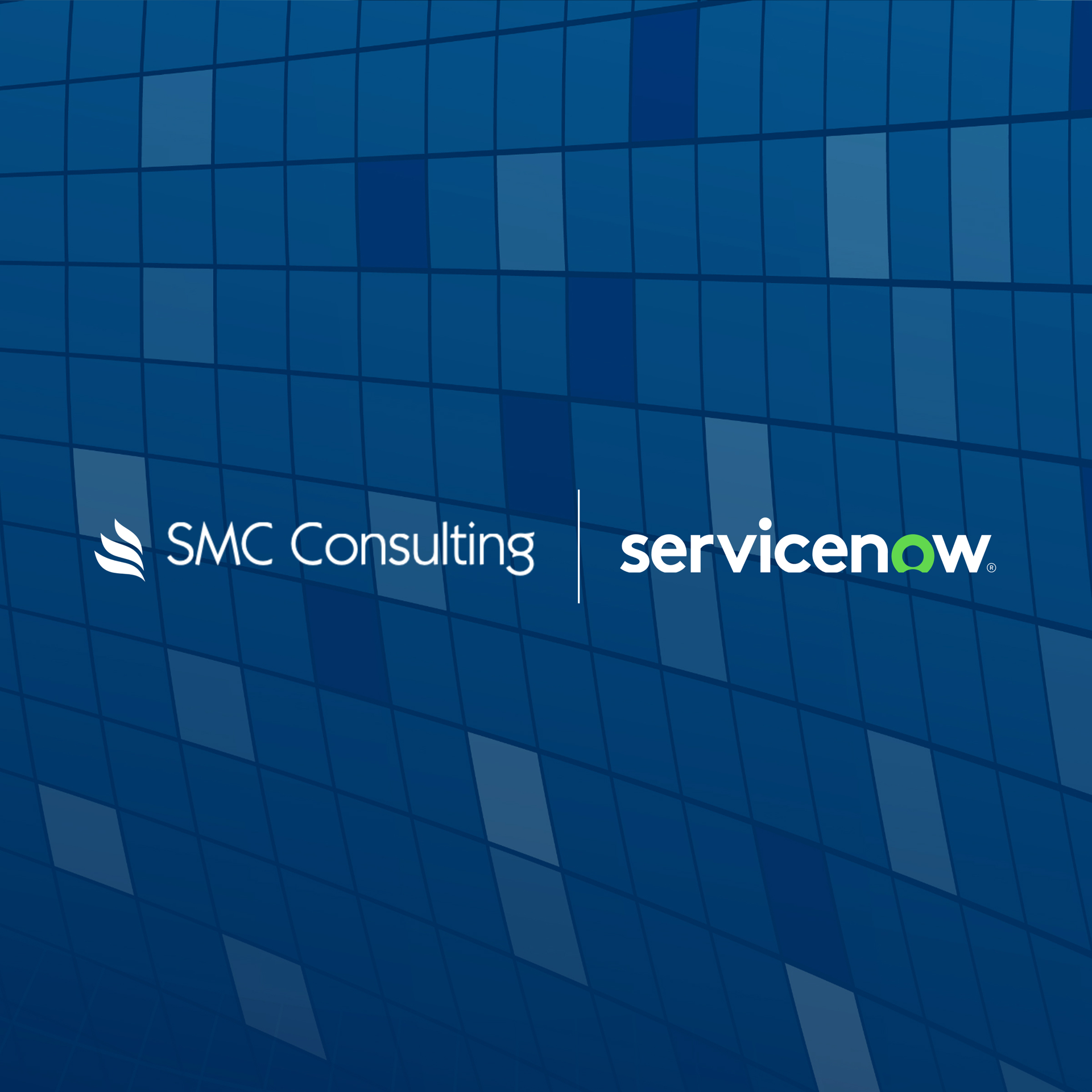Temps de lecture estimé : 8 minutes
Table of Contents
Basic concepts of workflow management
Workflow management is a crucial pillar for optimizing processes in modern organizations. Let’s take a closer look at what this involves and why it’s so essential.
Workflow definition
A workflow is a sequence of organized activities and tasks to execute a specific business process. It represents the path that data and tasks follow within an organization, from initiation to completion. Thinking about workflow in terms of sequences and outcomes allows organizations to visualize and streamline how tasks are accomplished and how resources are allocated.
What are the different types of workflow?
In workflow management, understanding the different types of workflows is essential for choosing the solution best suited to your company’s specific needs. Workflows can generally be classified into three main types: sequential workflows, parallel workflows, and conditional workflows.
1. Sequential workflows
Sequential workflows are the simplest and most common. In this type of workflow, tasks are executed one after another in a defined order. Each step must be completed before the next can begin. This model is often used for processes where steps are dependent on each other, and progression must follow a clear and unambiguous line. For example, in a document approval process, the document may move from drafting to review, then to final approval.
2. Parallel workflows
Unlike sequential workflows, parallel workflows allow multiple tasks to be executed simultaneously. This type of workflow is useful when different tasks or activities can be performed independently of each other without needing to wait for others to complete. Parallel workflows are particularly effective for accelerating processes and maximizing resource utilization. For example, in project management, multiple teams can work simultaneously on different aspects of a project without interference.
3. Conditional workflows
Conditional workflows, or rule-based workflows, introduce decisions into the process, where the path to follow may change based on specific criteria or conditions. These workflows use logical “if/then” statements to determine the direction of the workflow based on responses or results at certain stages. This type is ideal for processes that require adjustments and adaptations based on dynamic variables or changing situations. For example, an online ordering process might use a conditional workflow to handle orders differently based on stock availability or customer delivery preferences.
Each type of workflow has its own advantages and may be better suited to certain types of business activities than others. Understanding and appropriate selection of workflow type can greatly influence the efficiency and success of a company’s operations.
The importance of workflow management
Workflow management isn’t just about documenting processes; it’s essential for ensuring efficiency and productivity in a business. Effective workflow management helps minimize bottlenecks, reduce completion times, and improve transparency within processes. This allows companies to predict more consistent and higher quality outcomes while offering the flexibility needed to adapt to rapid market changes.
Involvement in business processes
In business processes, workflow management ensures that each step is clearly defined, assigned, and measured. It allows monitoring of the efficiency of each process step and quick intervention when needed. This active management contributes to better alignment of company objectives with employees’ daily actions, thus strengthening organizational coherence and efficiency.
Use in information systems
Modern information systems integrate workflow management as a fundamental component, not only to structure information flow but also to automate its management.
Data management
Workflow management in information systems facilitates logical data organization. It allows tracking the path that data takes through different processes, thus ensuring their integrity, security, and accessibility. This is crucial for organizations that rely on accurate and up-to-date data to make informed decisions.
Task automation
Task automation through workflow management can significantly increase operational efficiency. For example, in an ERP (Enterprise Resource Planning) system, automated workflows can trigger specific tasks based on certain conditions, thus reducing the need for manual intervention and accelerating process execution. This helps eliminate human errors and frees up resources for higher value-added tasks.
As a certified monday.com partner, SMC Consulting uses these principles to help organizations structure, optimize, and automate their workflows. Our expertise in workflow management ensures that our clients benefit from the best solutions to maximize their efficiency and adaptability.
The role of workflow management in business
Workflow management is a strategic lever for organizations, enabling them to increase their efficiency and ensure better resource management. Let’s take a closer look at its essential role within modern business.
Workflow optimization
Workflow optimization is one of the main advantages of workflow management. By standardizing processes, eliminating redundant tasks, and minimizing error risks, companies can achieve significant gains in terms of time and costs. This leads to faster production and better resource allocation, allowing companies to remain competitive in increasingly demanding markets.
Business process management
Business process management through workflow management helps organizations clearly define roles and responsibilities, ensuring that each process step is properly executed. By providing a structured framework for task execution, workflow management facilitates interdepartmental coordination and improves team collaboration. This results in better synchronization of efforts and increased overall efficiency.
Using workflows for better management
The use of workflows enables more precise and measurable management of daily operations. Through automation and standardization of repetitive tasks, managers can focus on strategic initiatives rather than operational issues. This promotes a proactive management culture where decisions can be made based on reliable and real-time data, leading to continuous improvements.
Workflow software: an essential tool for managers
Workflow software, like monday.com, has become indispensable tools for modern managers. These systems allow visualization, control, and optimization of workflows while offering the flexibility needed to adapt to constantly evolving environments. For workflow management, monday.com offers among other things:
- Workflow step tracking: monday.com offers an intuitive interface that allows managers to create custom boards to track every aspect of the workflow. Through clear visualization in the form of boards, lists, or timelines, managers can see project progress in real-time. Integrated performance indicators also facilitate tracking progress toward set goals and alert in case of deviations or delays.
- Workflow optimization: With monday.com, it’s possible to configure automations that simplify repetitive processes. For example, you can automate notifications, task assignments, and status updates, thus reducing the need for manual interventions and minimizing human errors. This automation helps maintain a sustained work pace and ensures that essential processes are never neglected.
- Flexibility: One of monday.com’s greatest advantages is its ability to quickly adapt to changes. Managers can easily modify existing workflows or create new ones in response to new requirements or changes in the work environment. Whether it’s adding new steps to a project, reallocating resources, or adapting to regulatory requirements, monday.com makes these adjustments both simple and immediate.
- Collaboration: Monday.com also promotes better team collaboration. The software integrates communication and file sharing features that allow team members to discuss projects, share documents, and collaborate in real-time, regardless of their location. This integration strengthens team alignment and accelerates collective decision-making.
By integrating software like monday.com into their workflow management, companies can not only improve their operational efficiency but also increase their capacity to innovate and respond to complex challenges in the contemporary market. SMC Consulting, as a certified partner, is ideally positioned to help organizations fully exploit these technologies to transform their work processes for better results.




